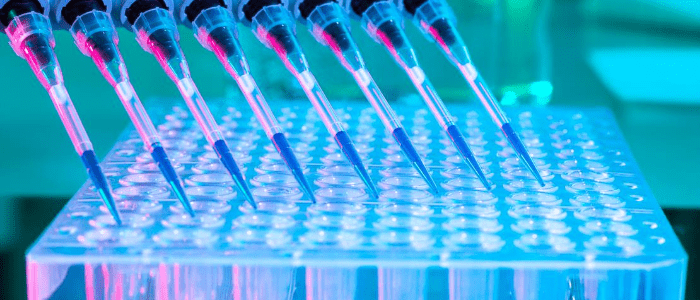Webinar: A masterclass on research reporting and ethical reproducibility in life sciences

Check out this webinar, featuring BioTechniques Editor in Chief, Francesca Lake.
Data reproducibility is key to the development and credibility of scientific evidence. All results should be replicable by different investigators in varied geographical settings, using independent data, instruments, and analytical methods. In biomedical research, the reproducibility crisis is perpetual.
To address this plaguing issue, researchers have adopted best practices such as the inclusion of standard research reporting guidelines, automation of data analyses, utilization of public data repositories, and revelation of negative or null results. This webinar, conducted in collaboration with Enago, will discuss the underlying causes of poor data reproducibility and ways to circumvent these pitfalls.
You will learn
- Primary reasons for poor data reproducibility
- Methods for addressing low reproducibility
- Standard research reporting guidelines
- Transparency and ethical reproducibility – Best practices and standards
Speakers

Kayla A. Chase, Ph.D. (Neuroscience), University of Illinois
Dr. Chase is a published author and has worked for more than a decade in the dynamic fields of neuroscience, psychiatry, and molecular biology research. She completed her Ph.D. in Neuroscience from the University of Illinois at Chicago with a research focus in psychiatry. She is the recipient of the NARSAD Young Investigator Award, and NIH Loan Repayment Award. She currently teaches bioethics at The School of the Art Institute. As a Publication and Training Consultant with Enago Academy, Kayla conducts webinars and workshops to facilitate the learning process of researchers and help them achieve their publication goals.
 Francesca Lake, Head of Open Access and Editor-in-Chief of BioTechniques, Future Medicine
Francesca Lake, Head of Open Access and Editor-in-Chief of BioTechniques, Future Medicine
Francesca Lake joined Future Science Group – a progressive publisher focused on breakthrough medical, biotechnological, and scientific research – following a Master’s degree in Biology from the University of Nottingham (UK). She currently holds two roles, as Head of Open Access and Editor-in-Chief of BioTechniques, the international journal of life science methods. As the latter, she is involved in helping BioTechniques authors report new methods that are ethical, robust, and reproducible.
This webinar was recorded on 24th June 2020